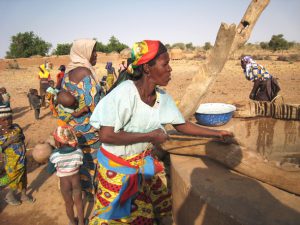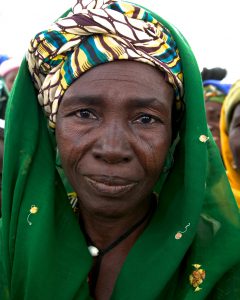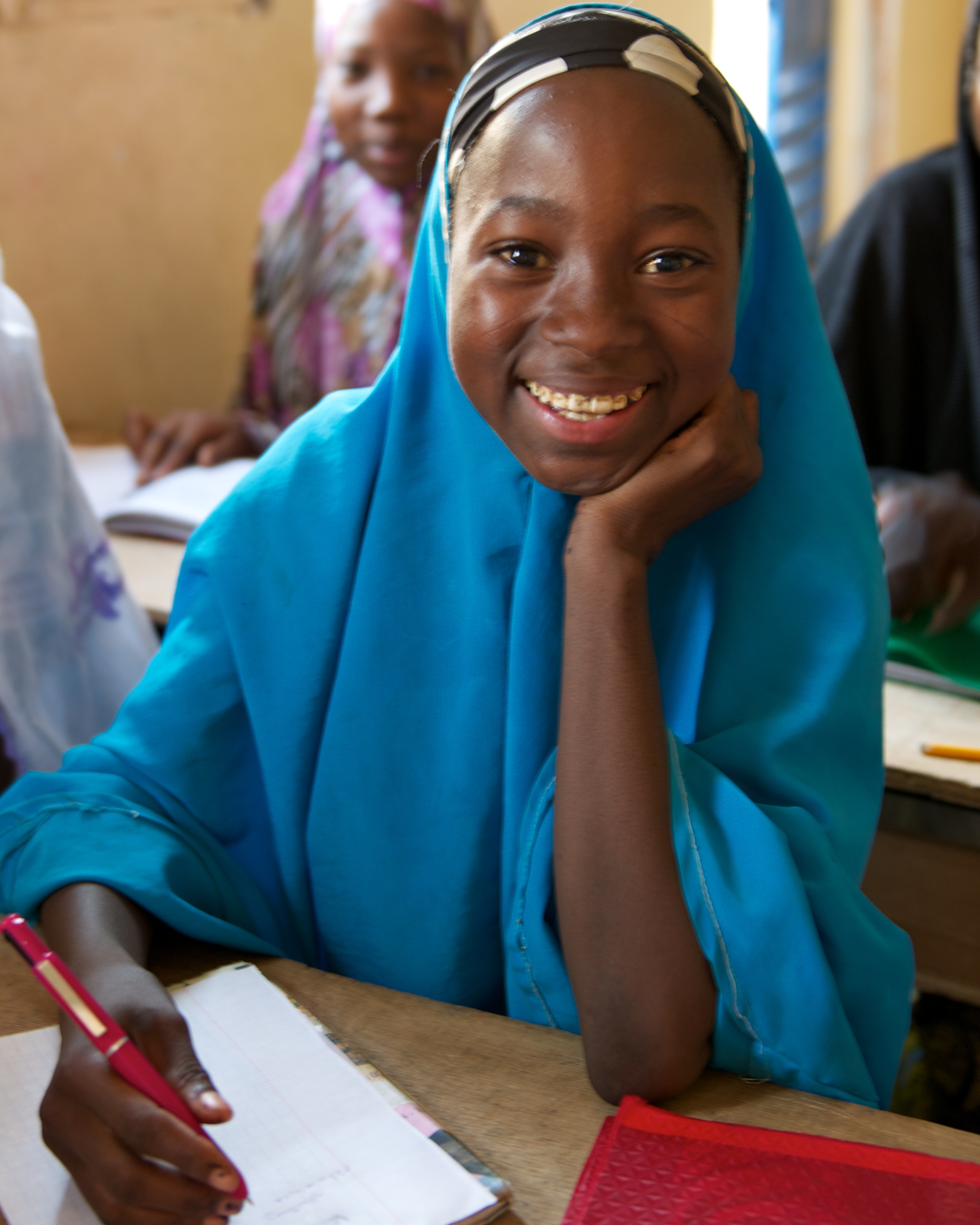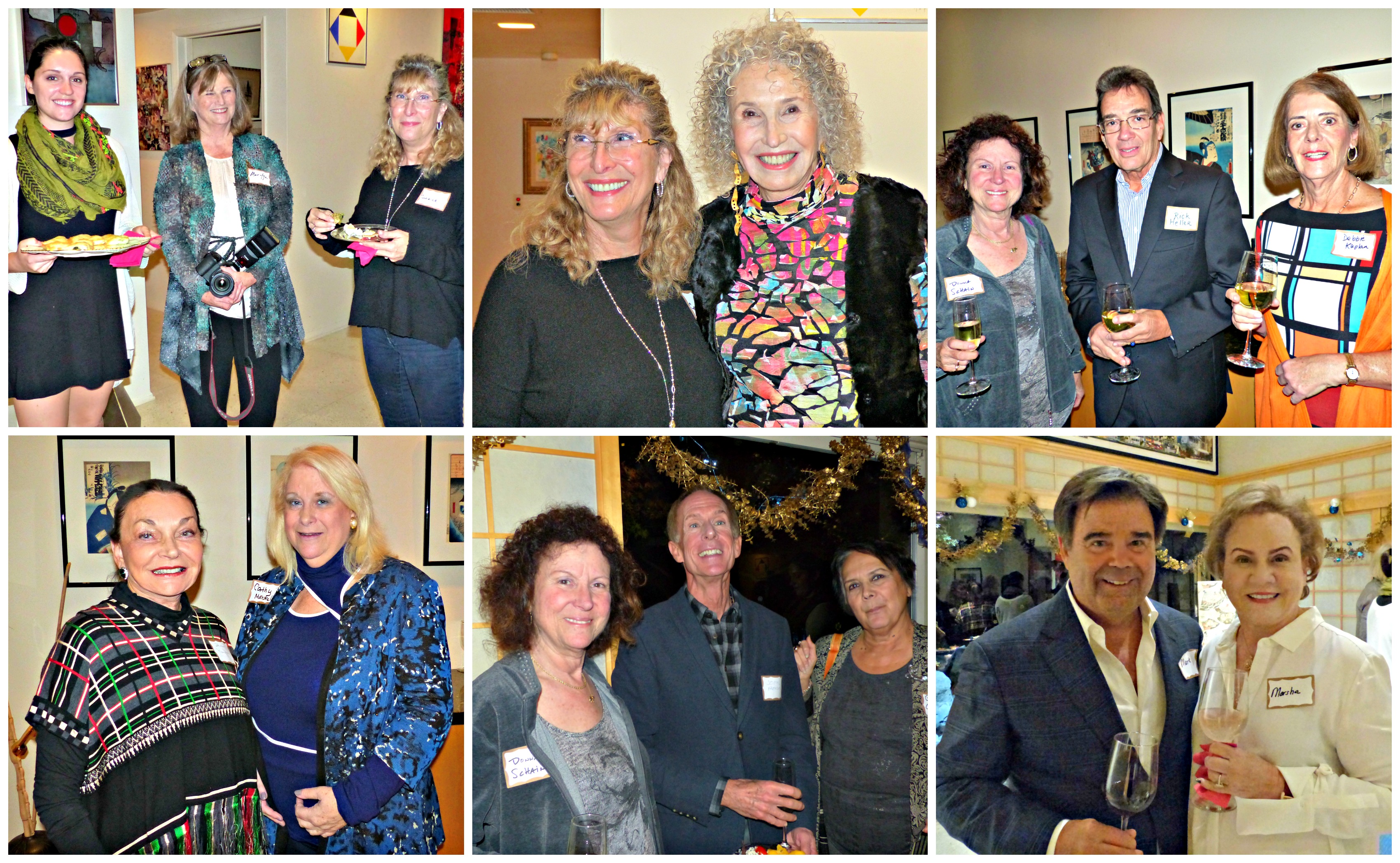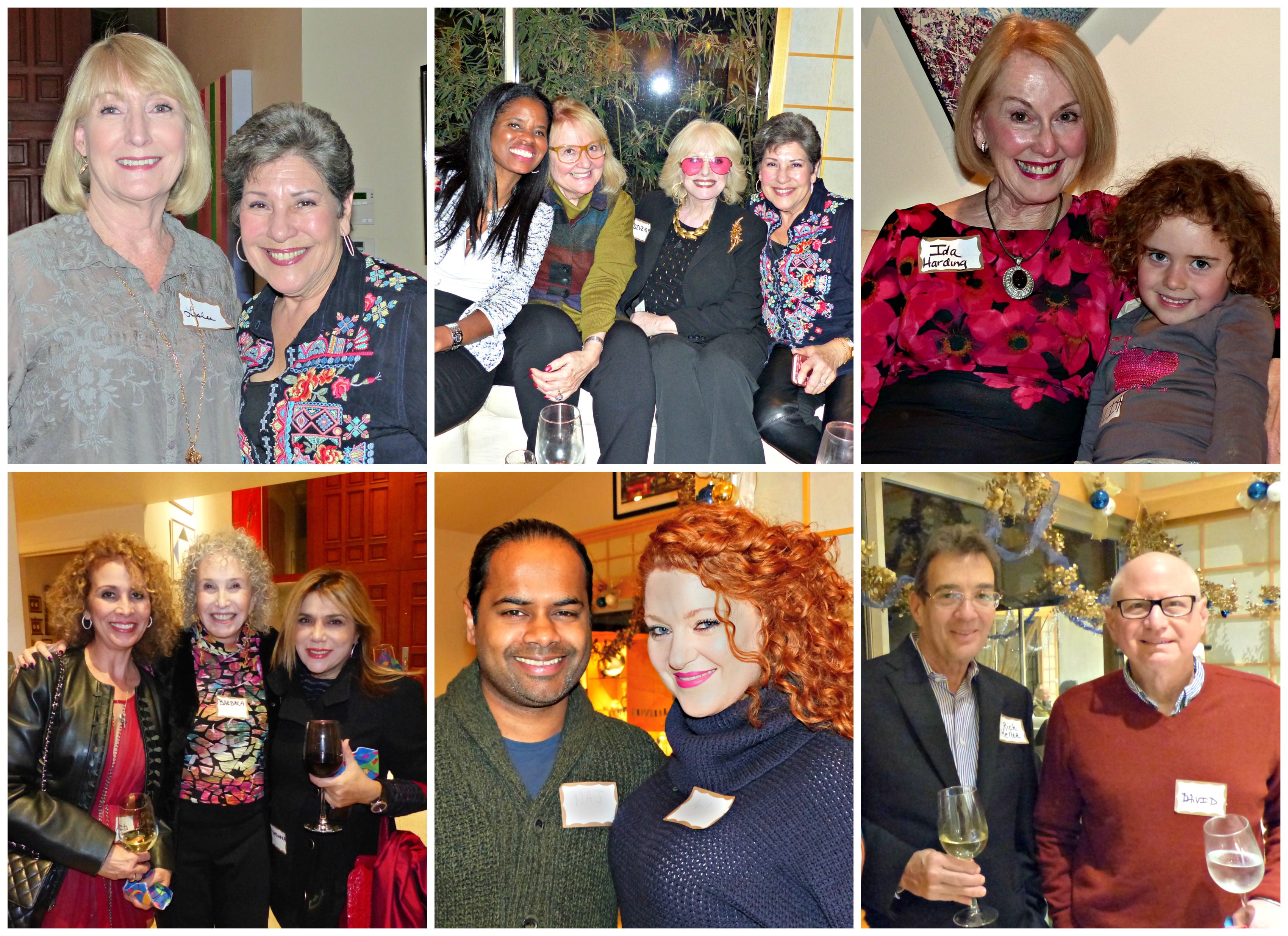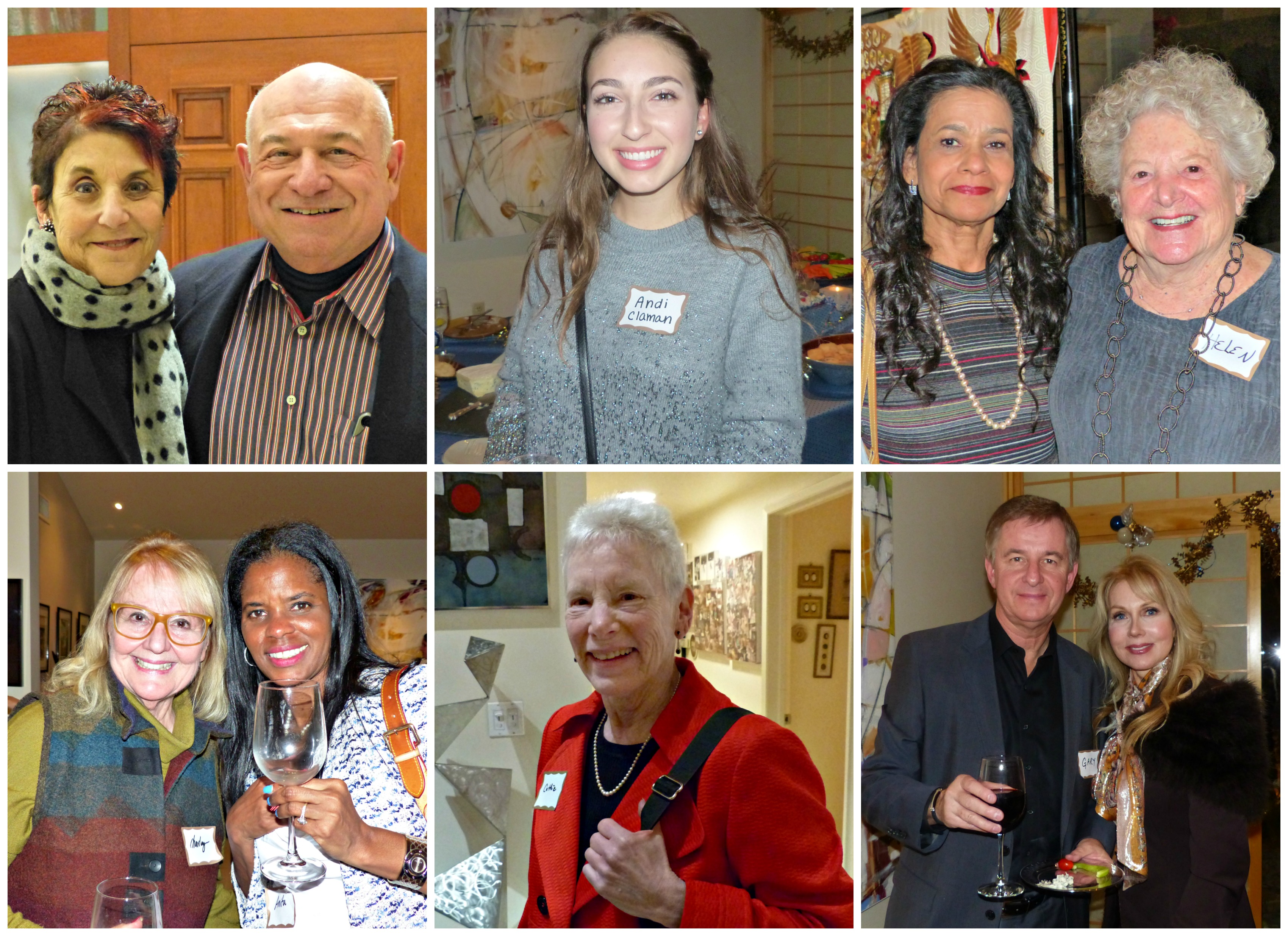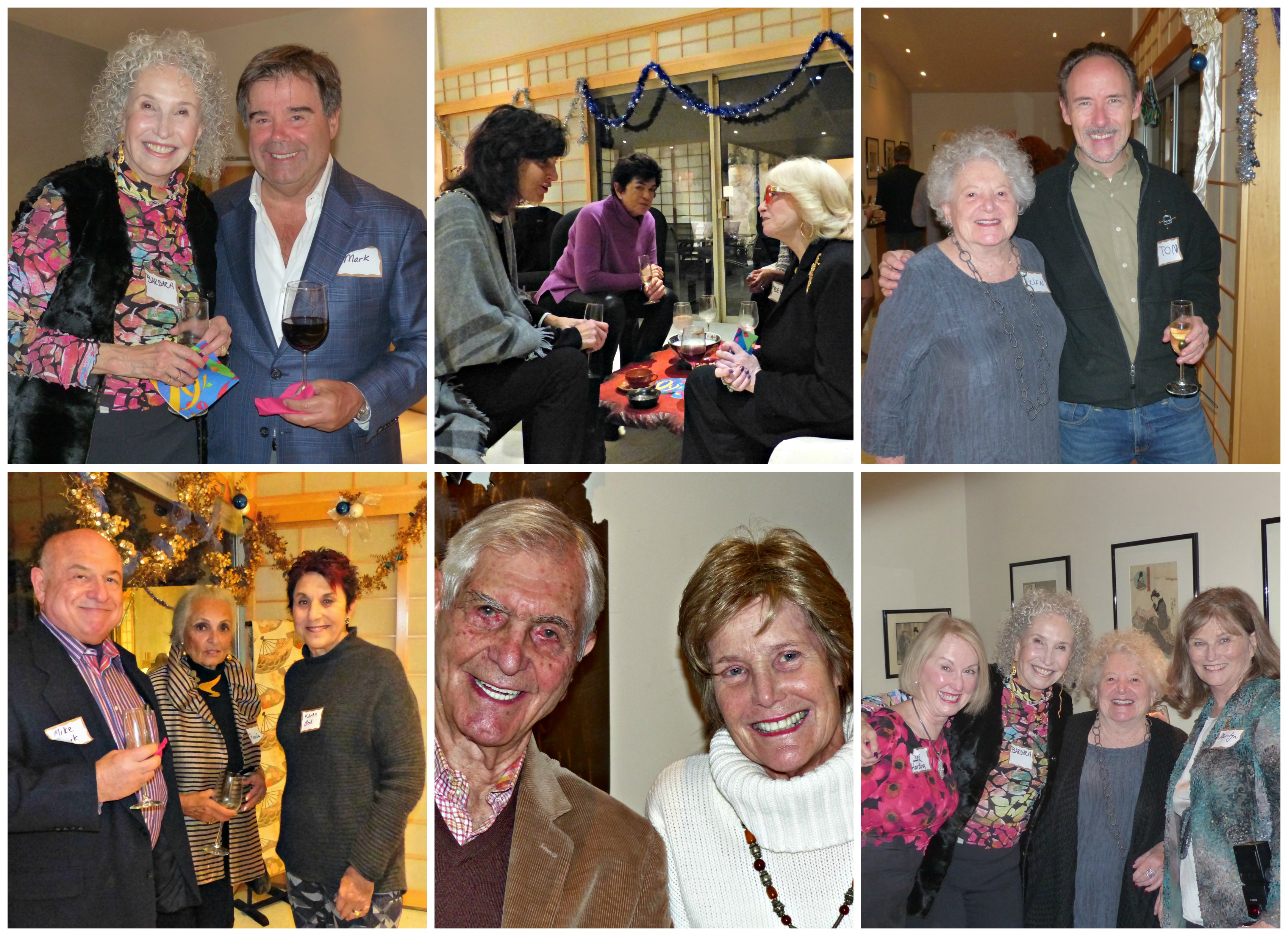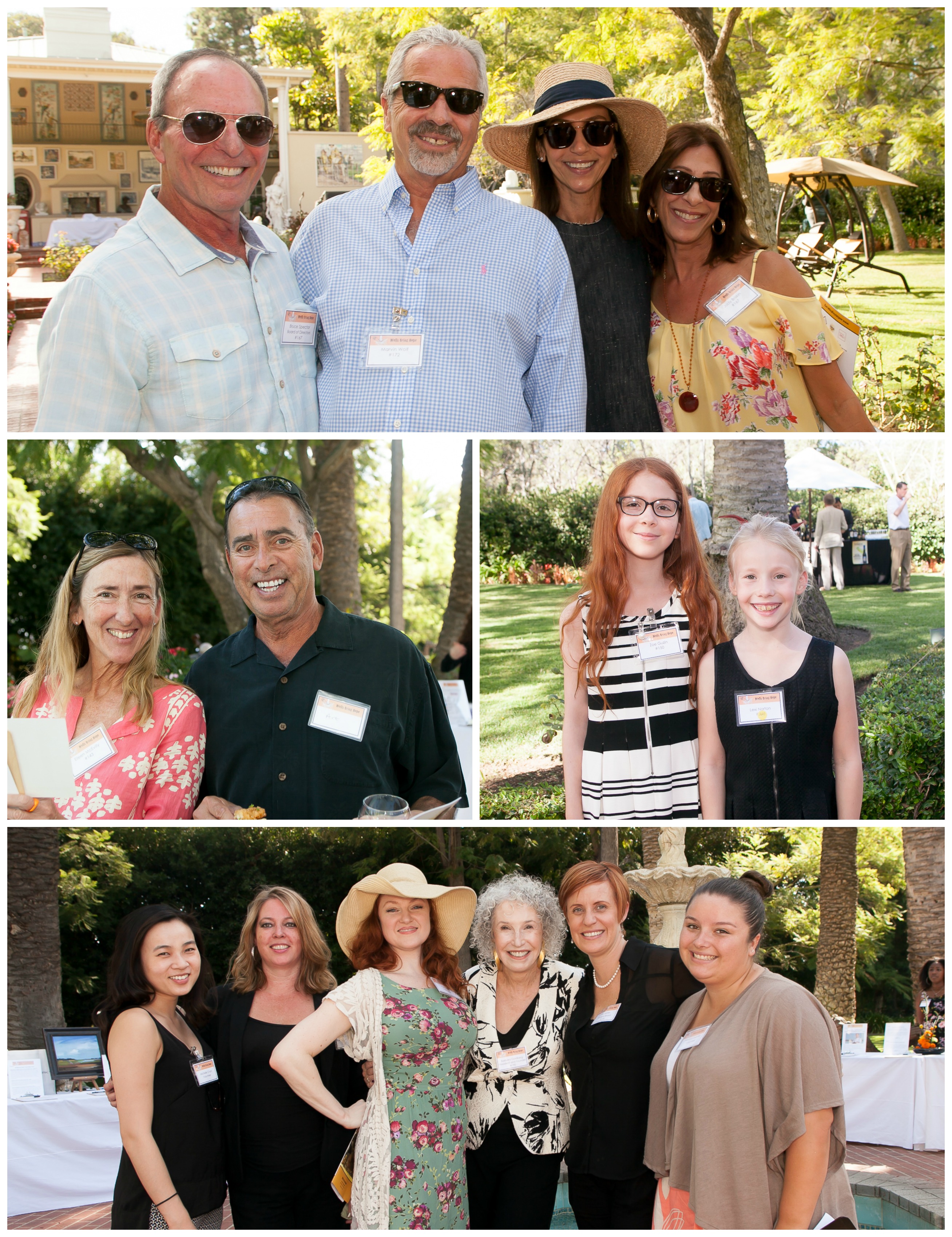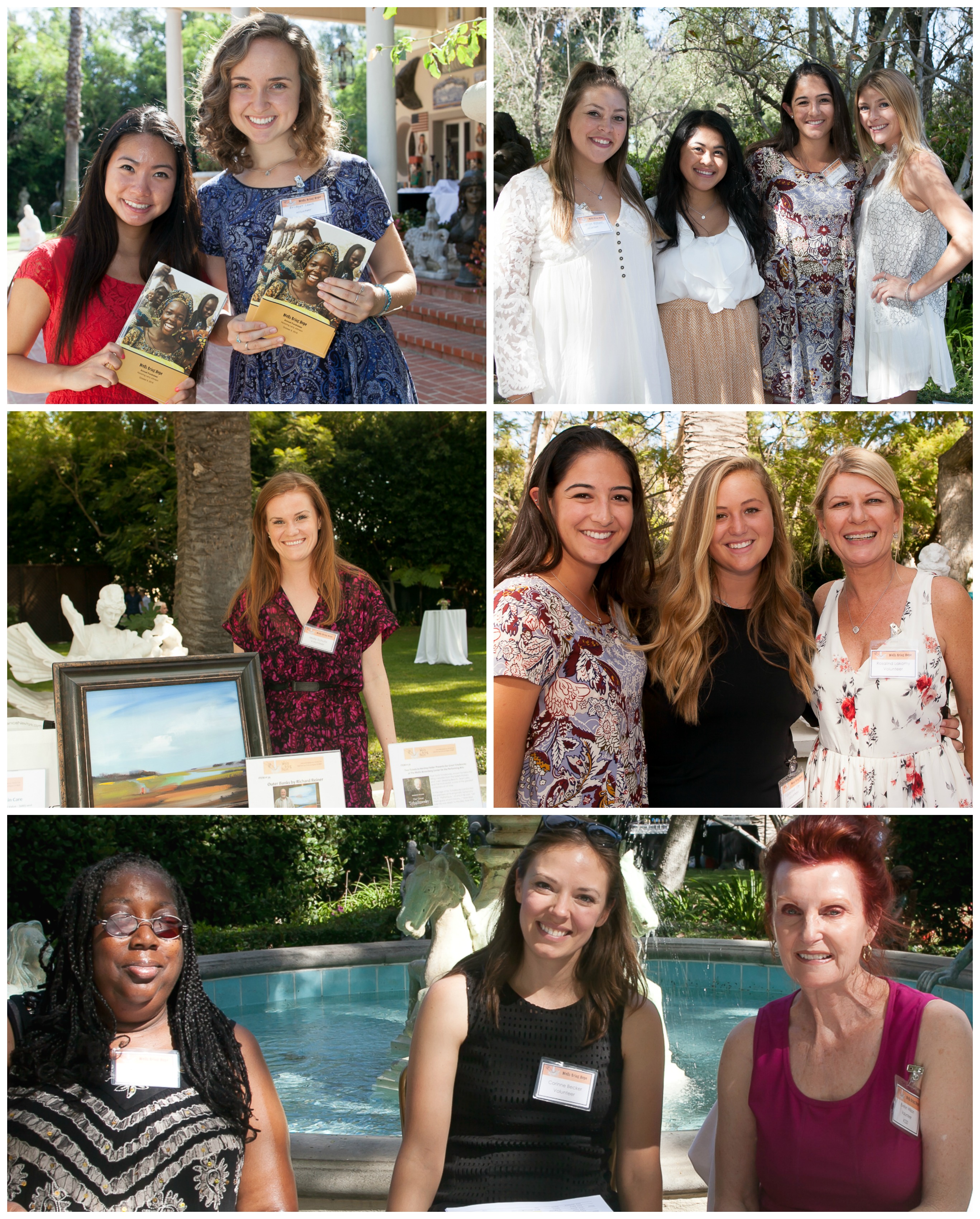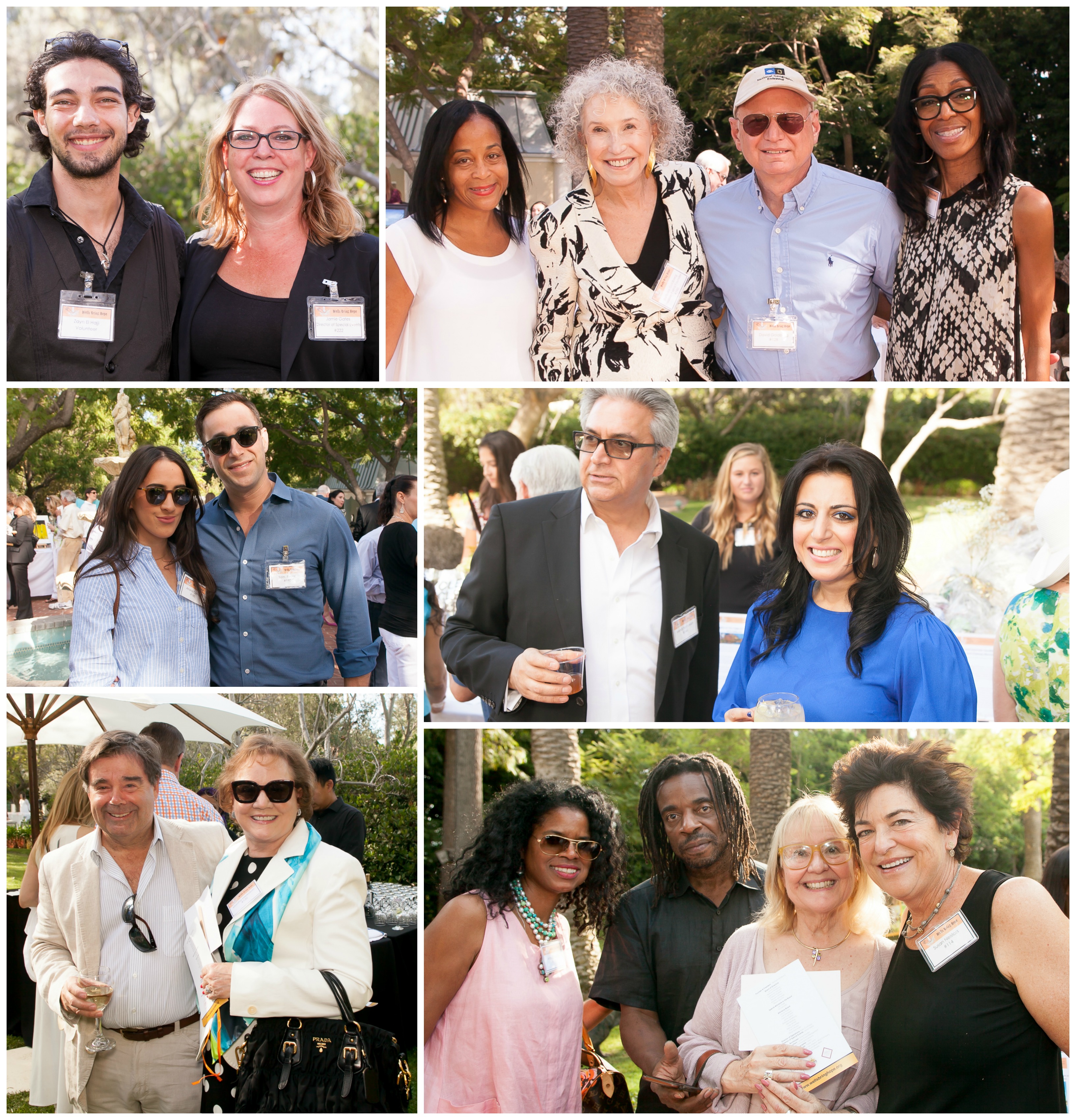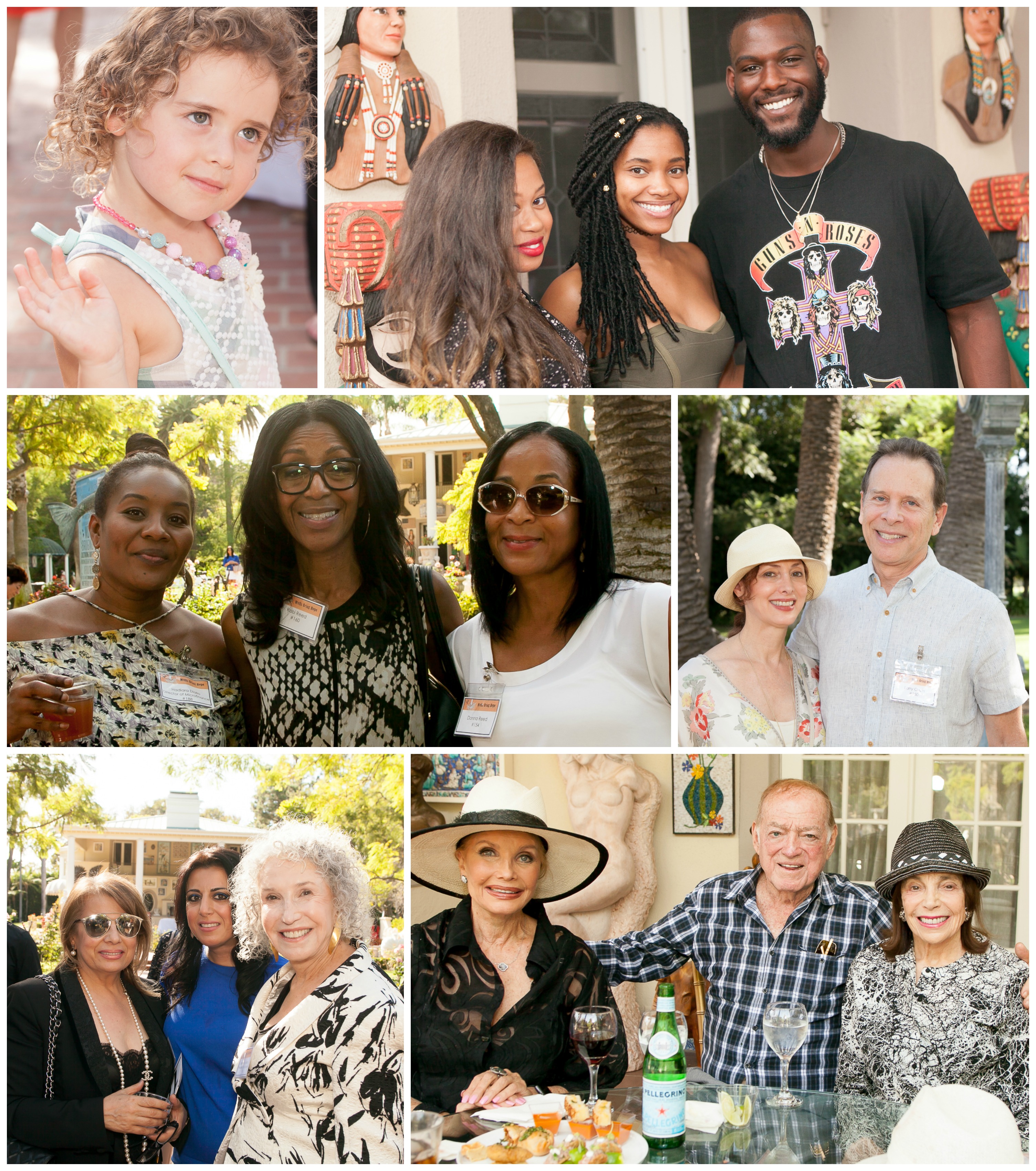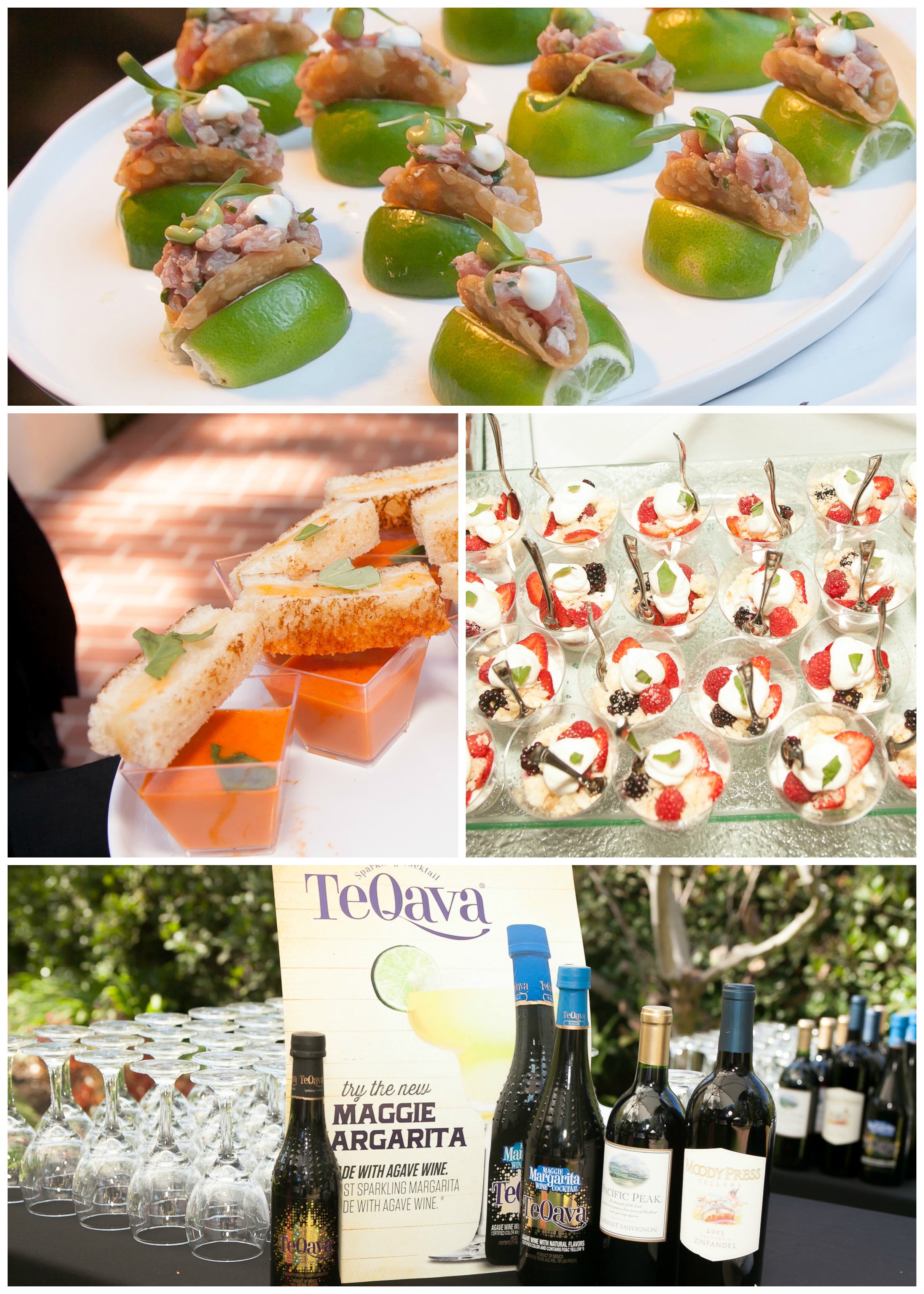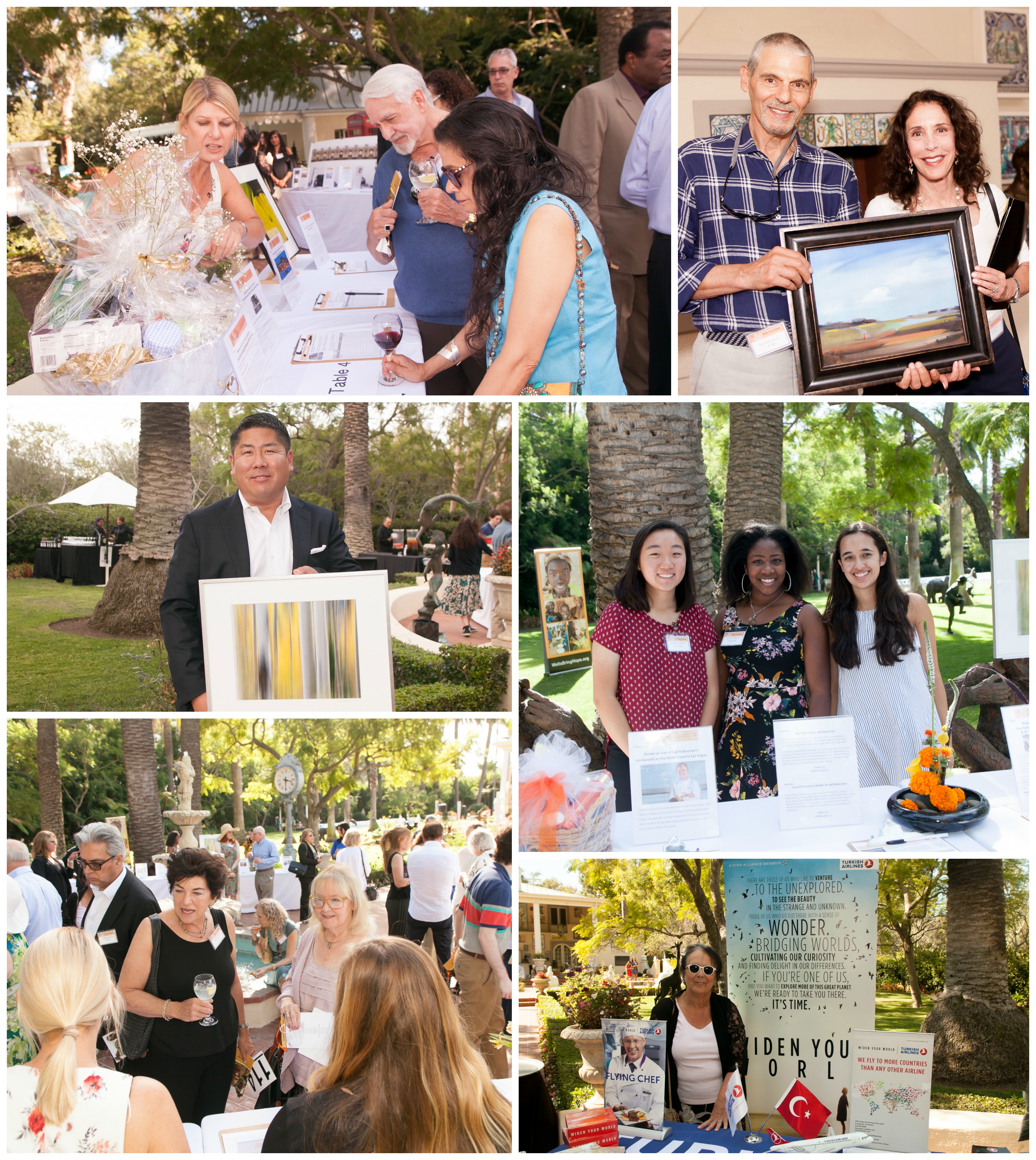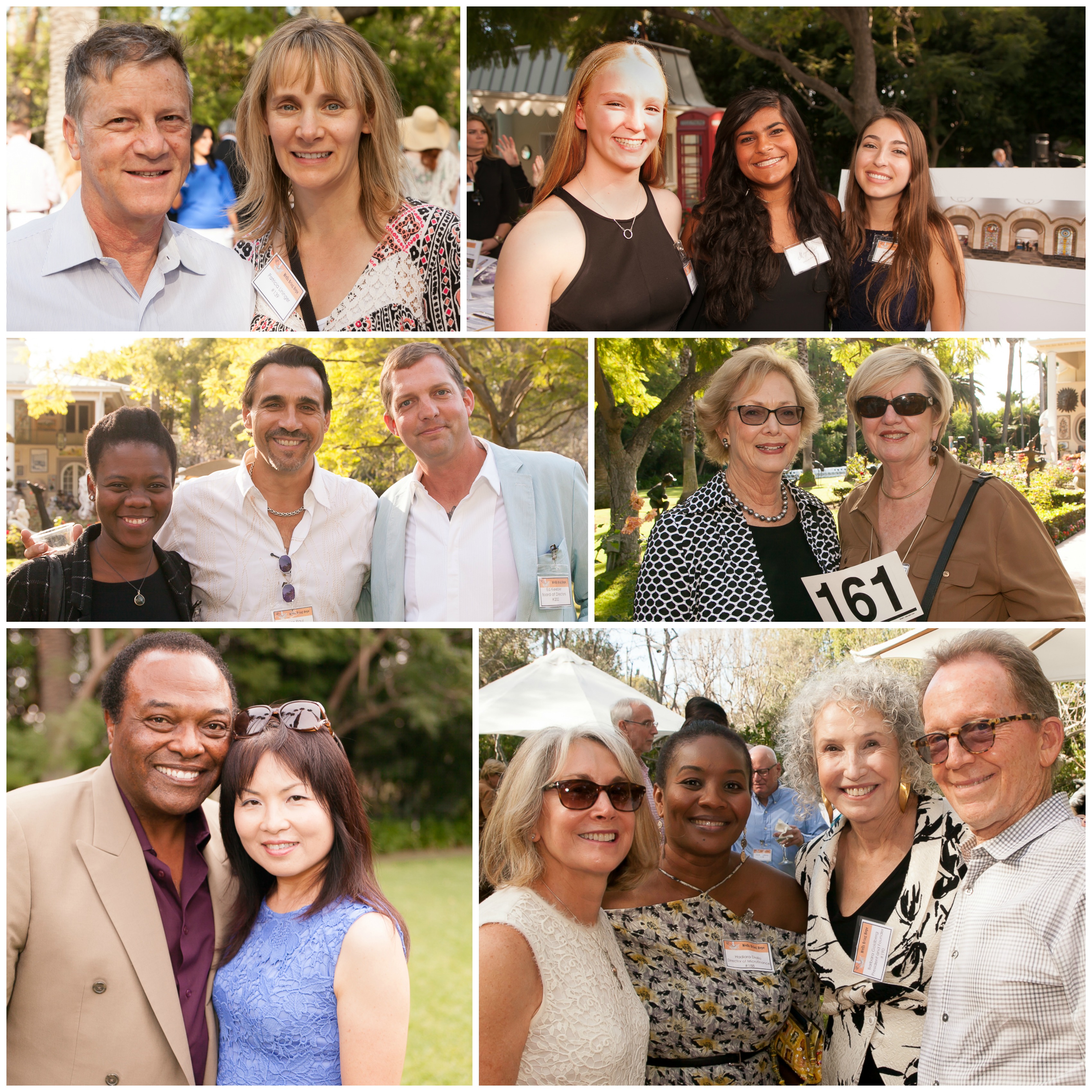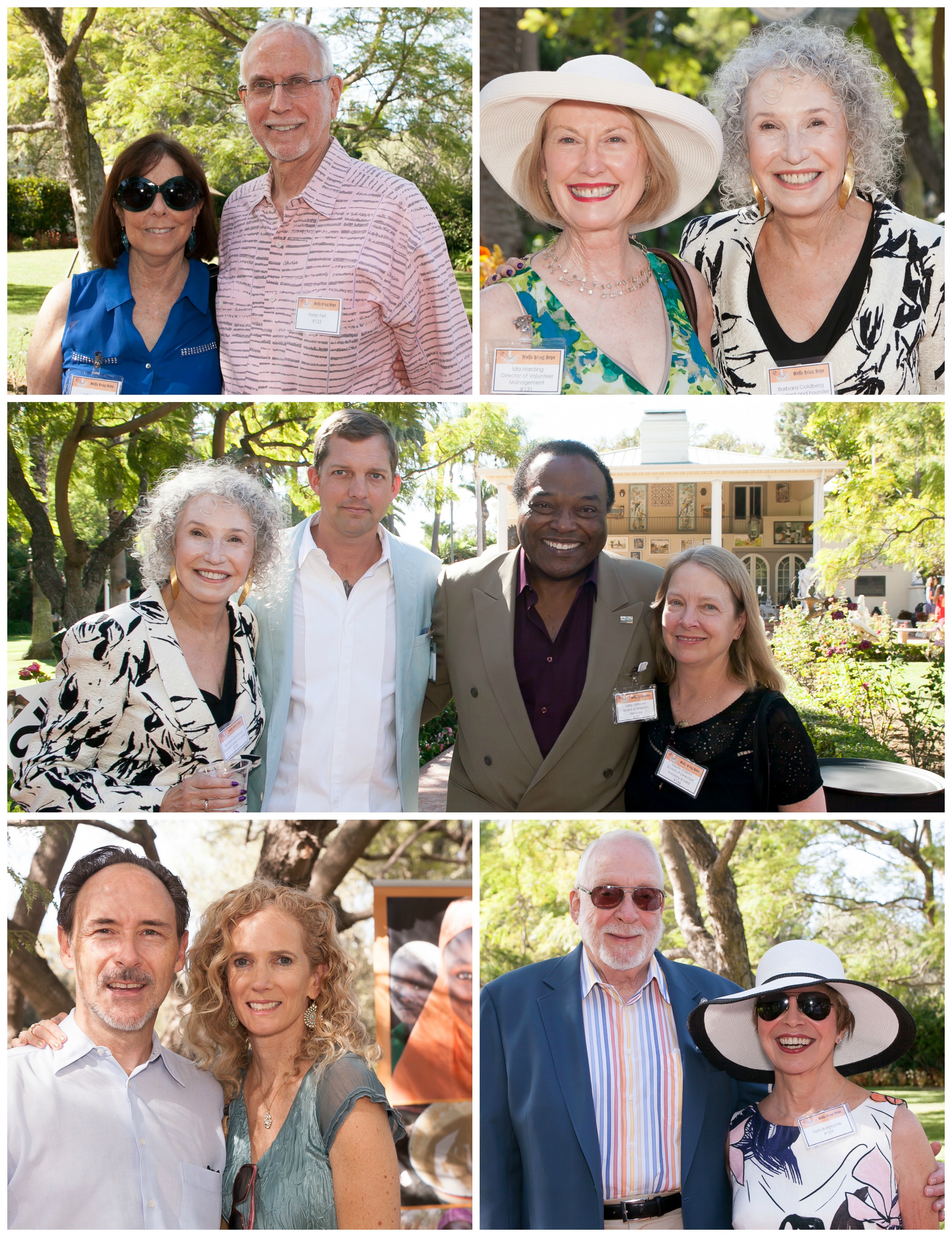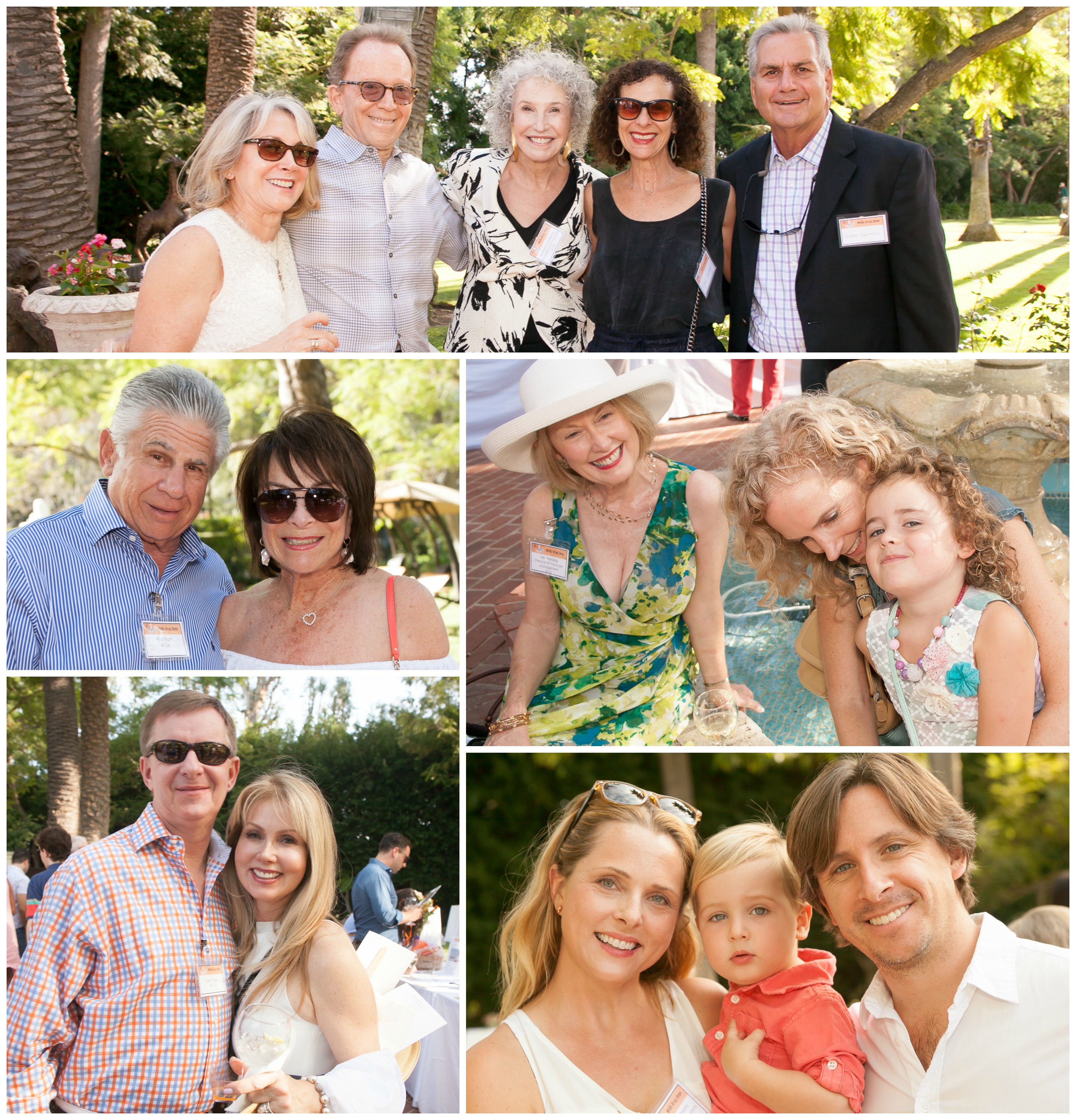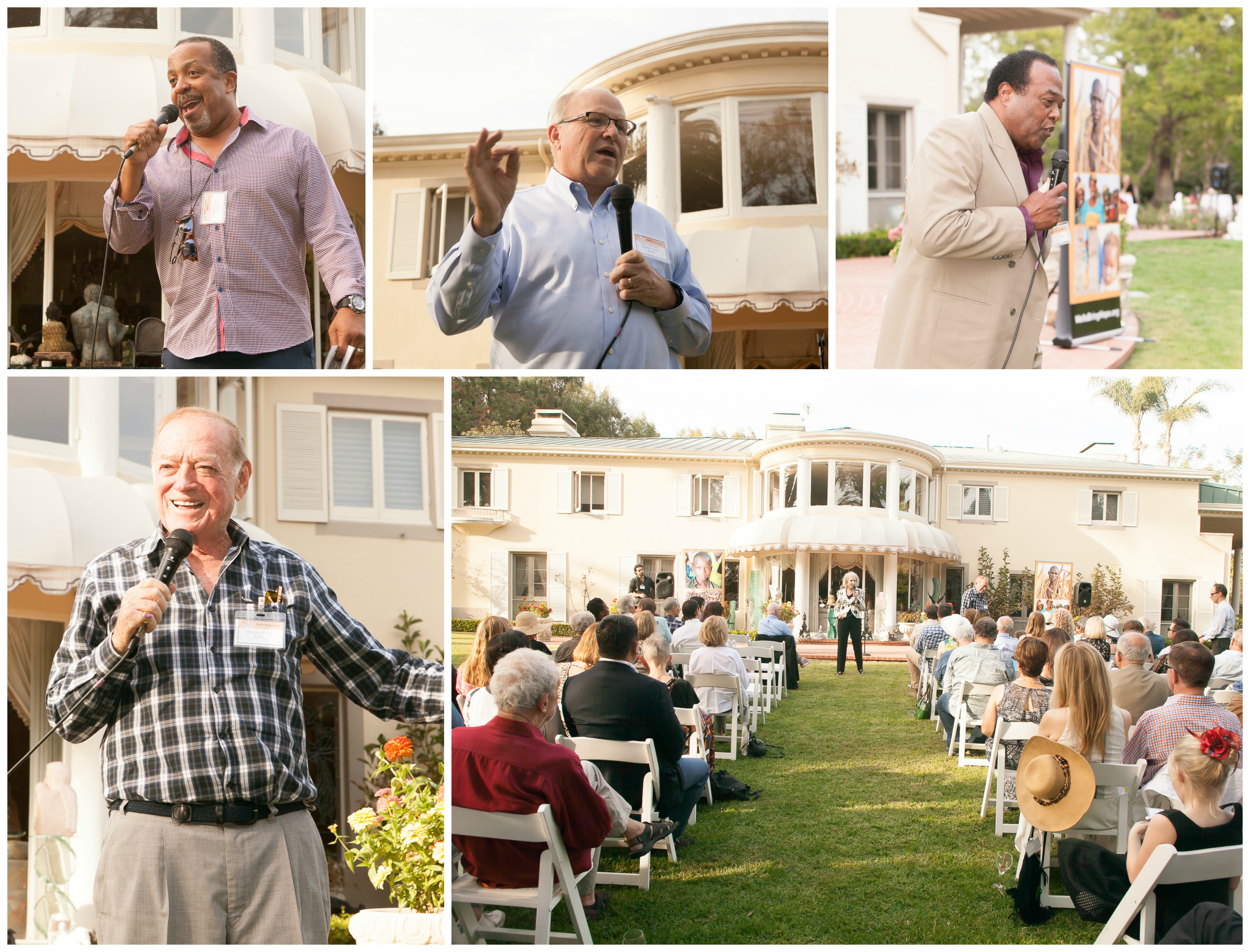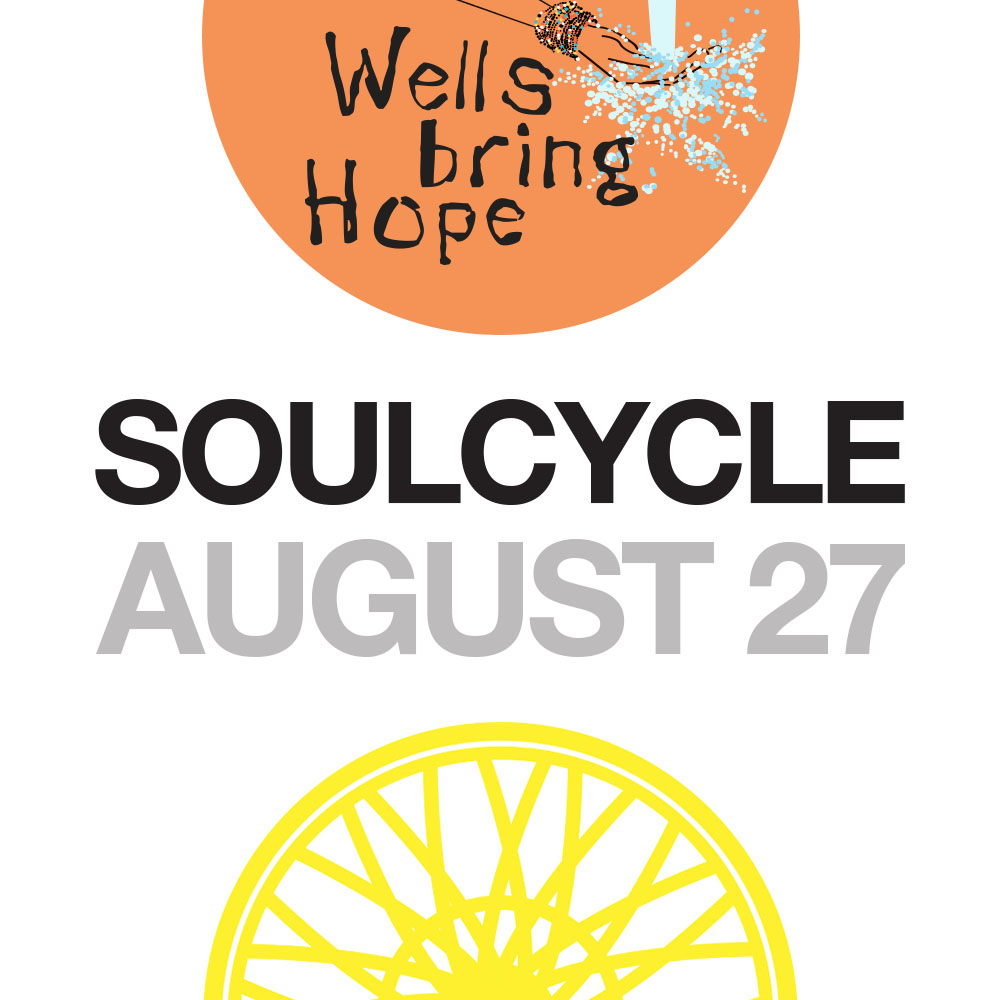by Michelle Wolf
It happens every month and every month I forget to grab a few tampons from under the bathroom sink. Thankfully, there is a gold basket in the ladies’ room at work with a few sample packs for me to use. And I can always find an ample supply of tampons in one of my extra purses. I don’t have to worry about staining my clothes or having a clean place to dispose of them. These are products that I can easily find, afford and purchase in bulk. When I walk down the aisle at the store I am overwhelmed by the abundance of choices. But I know which brand I prefer; the brand that is most comfortable to me. I feel a tinge of embarrassment as the cashier, a teenage boy, rings up my tampons. This feeling quickly goes away as he swipes the box over the scanner and places it in a plastic store branded bag.
It’s easy to stay clean and feel fresh during my period. I bathe daily. I change my menstrual products throughout the day, whether they are soiled or not. Soap and water are easily accessible. Public restrooms are safe and clean. Water and soap are available when I swipe my hand under a faucet. Any stains can be quickly washed away with cold tap water, and a run through the washing machine.
We learned about menstruation in elementary school. We are told it starts during puberty and continues through adulthood. Our school teachers tell us it’s natural and normal, not something to be ashamed or afraid of. There are feminine hygiene product commercials on national television. Commercials that depict happy, healthy woman who are able to enjoy their everyday routines and activities thanks to the comfort and confidence that these products provide. I am able to openly and comfortably talk about my period with my mom, husband, and friends.
A 2013 UNICEF report on menstruation hygiene standards at primary schools in Burkina Faso and Niger details a very different experience. 84% of schools in Niger do not have a water source or functioning bathroom. Water is brought over from nearby villages in large jerrycans, and students bring their own soap. Menstruation hygiene is next to impossible in these conditions. Bathrooms are not separated by sex and do not lock, so many students don’t feel safe or comfortable cleaning themselves at school and often miss class in order walk home to clean. In fact, they may skip school altogether. An astonishing 23% of females drop out of school once they begin menstruating. This only serves to exacerbate the stigma around menstruation.
There are no standard teaching guidelines on menstruation education. Schools do not lecture on menstruation hygiene, nor do teachers feel comfortable discussing this with their students. Students do not understand what is happening when their first menstrual cycle starts because there is a severe lack of education due to social stigma.
Niger is one of the poorest countries in the world. Napkins and tampons are imported from other countries in Africa and are priced as imported products. Women cannot afford to buy sanitary products and use old rags instead. Rags used during menstruation are not easily cleaned. Washing machines are not a household appliance in Niger. Water is something that is sought out and hunted for. Women walk 10 hours a day in search of water and may not be able to spare water to clean a small rag. Water is critical for cleanliness and sanitation during this time of the month.
Water is a crucial element to the hygiene issues affecting women in Niger, and something us women don’t think twice about in the United States. While menstruating women are seen as “impure” or “dirty” in the communities of Niger, the simple gift of water would give them the opportunity to flourish by providing sanitation, comfort and support. The resource of water can provide women an education and ultimately a job.

